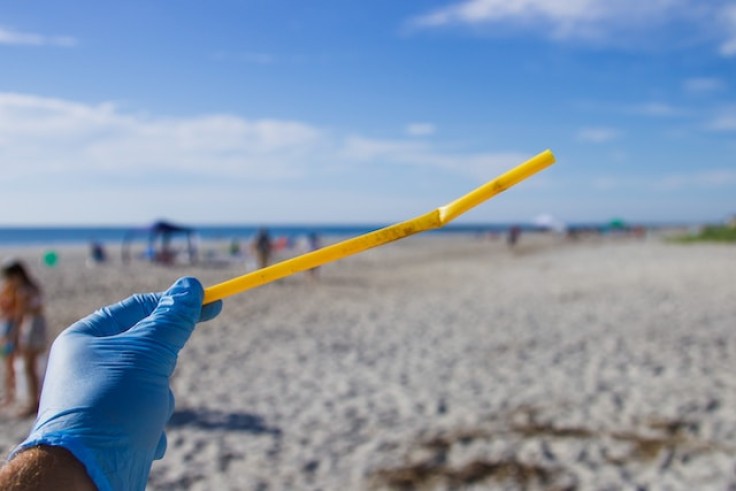
Researchers in Belgium recently revealed an uncomfortable truth about the straws that many of us use on a daily basis. Contrary to popular belief, paper and bamboo straws may not be the environmentally benign alternatives they were thought to be.
Alarmingly, these straws were found to contain per- and polyfluoroalkyl substances (PFAS), synthetic chemicals widely used for their water, grease, and stain-resistant properties. Due to their persistent nature in the environment and potential health risks, these chemicals are often called "forever chemicals."
The scientists undertook a comprehensive study involving a range of straws made from different materials, including paper, bamboo, glass, stainless steel, and plastic. They gathered 39 brands of straws from supermarkets, retail stores, and fast-food restaurants across Belgium and analyzed them for PFAS content.
The findings were somewhat shocking: 27 out of 39 brands contained trace amounts of PFAS. Paper straws were the most problematic, with 18 out of 20 brands showing the presence of the chemical. Bamboo straws weren't far behind; four out of the five brands tested contained PFAS.
Health Risks: The Dark Side of PFAS
While the complete range of health risks associated with PFAS exposure is still under study, existing evidence suggests that these chemicals can lead to several adverse health outcomes. These include, but are not limited to, low birth weight in newborns, elevated cholesterol levels, thyroid disorders, and a heightened risk of cancer in the kidney and liver. Since PFAS chemicals are known to accumulate in human bodies over time, even small concentrations may become a significant concern in the long term.
The discovery of PFAS in eco-friendly straws raises questions about the manufacturing process.
Thimo Groffen, the environmental scientist who was a key author of the study, posited that it remains unclear whether manufacturers are intentionally adding PFAS, possibly as a waterproof coating. There's also the chance that the presence of PFAS could be accidental, resulting from contamination during the manufacturing process or from the soil where bamboo is grown.
In the United States, there is currently no federal limit for PFAS in food packaging, leaving a gaping hole in consumer protection. Although the Environmental Protection Agency (EPA) has proposed limits for PFAS levels in drinking water, a final rule has not been enacted. This lack of regulation exposes consumers to potential risks from a variety of everyday products, extending beyond straws to include other food packaging materials and cookware.
The Bigger Picture: PFAS Beyond Straws
Keith Vorst, Director of the Polymer and Food Protection Consortium at Iowa State University, warns that the focus on straws might distract from other, more pressing issues. PFAS chemicals are prevalent in many other types of food packaging, take-home containers, and even microwave popcorn bags. These other sources may contain far higher concentrations of PFAS, posing potentially greater risks.
The study revealed that stainless steel straws were free from PFAS, making them a potentially safer and more eco-friendly alternative. But experts question how practical it would be for consumers to make a widespread switch to stainless steel straws.
Thimo Groffen, however, is optimistic that plant-based straws may still be a lesser evil compared to plastic straws, which degrade into harmful microplastics. Yet he concedes that stainless steel straws would be the ideal option from both an environmental and health standpoint.
The study serves as an urgent call to action for both consumers and manufacturers. It challenges our understanding of what 'eco-friendly' truly means and prompts a re-evaluation of how products are made and marketed. The findings underscore the necessity for stricter regulations and more transparent manufacturing processes, urging us to confront the environmental and health impacts of even the most seemingly trivial daily-use items.
Related Article: 9 Easy Tricks to Get Your Kids to Drink Water